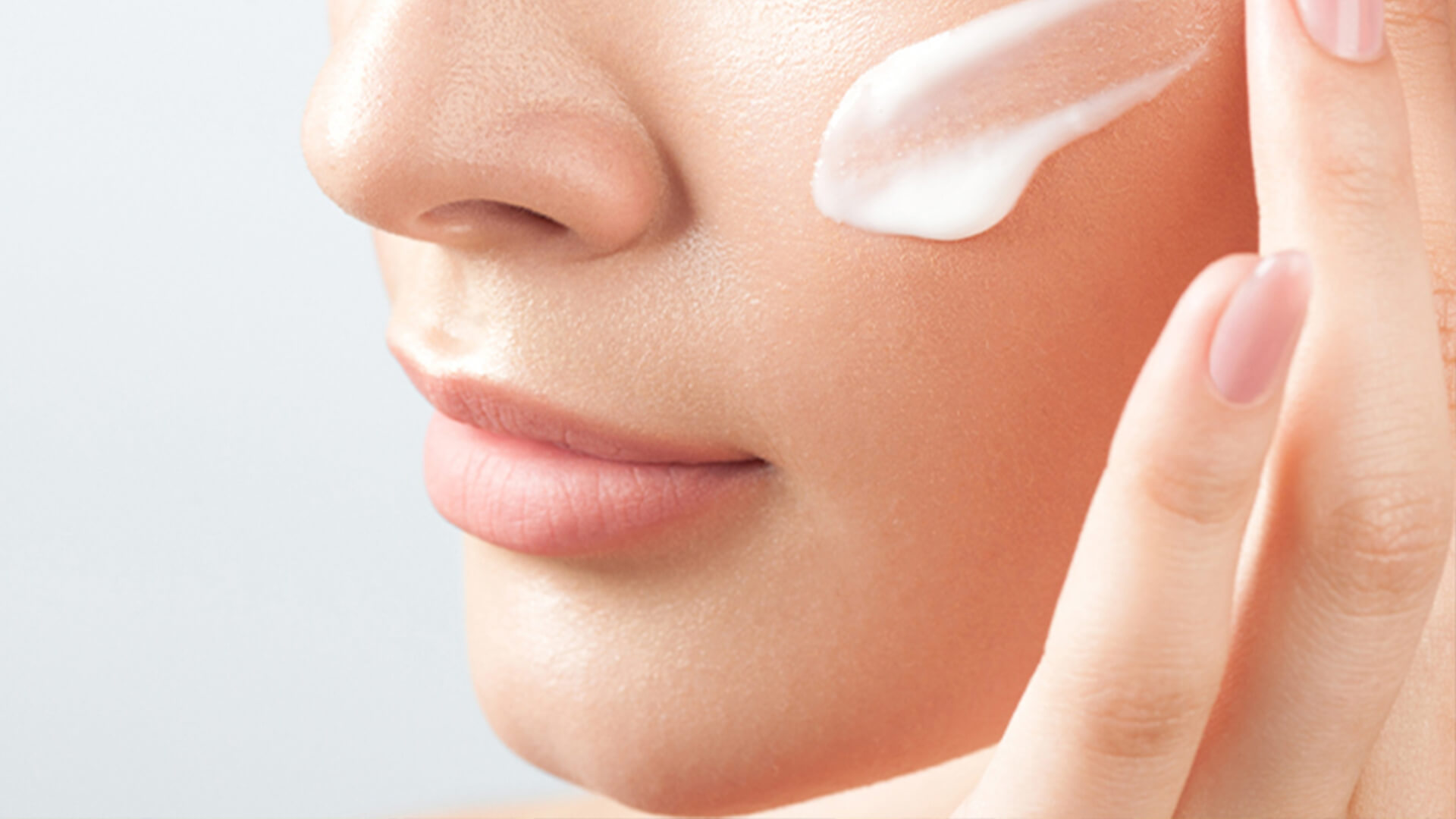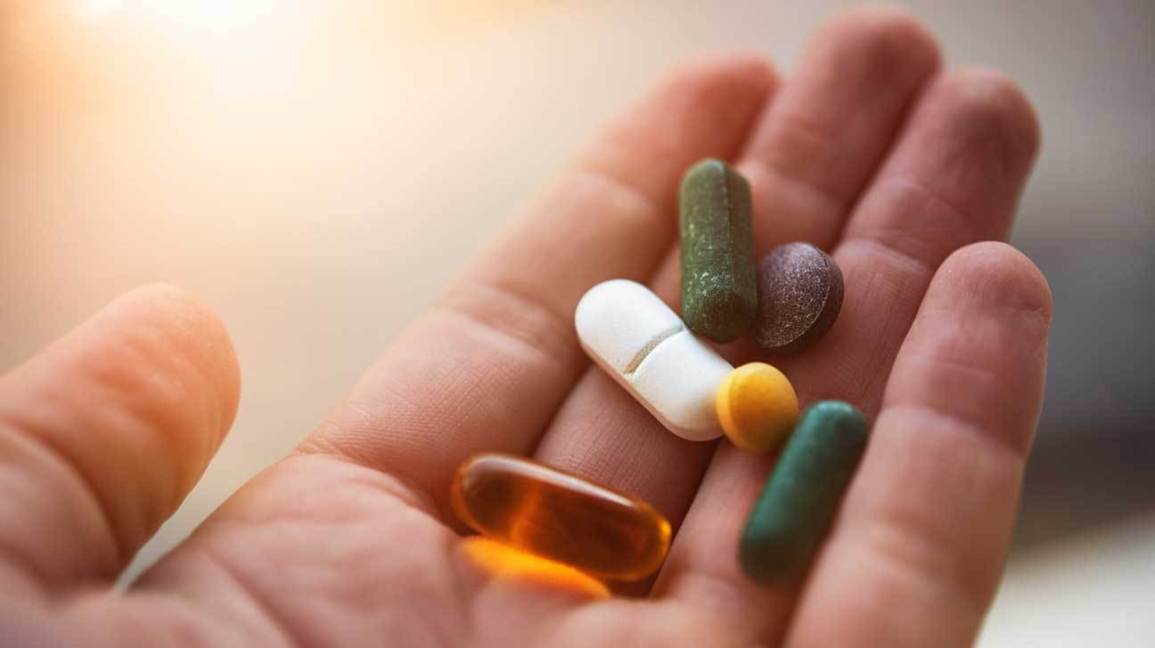Placenta and skin health
The placenta is an organ that connects the foetus to the mother. It transfers oxygen and nutrients to the foetus and removes foetal waste products to the mother. When the baby is born, the placenta will also be discharged from the mother’s body. There has been a growing interest in placenta extraction as it is said to have high nutritional value. The nutritional substance includes cytokines, hormones, bioactive peptides, enzymes, growth factors, vitamins, and minerals.
Culturally, humans rarely consume placenta, but recently there has been growing interest in consuming placenta, be it from humans or animals. Mammals have been consuming placenta since years ago; it is called placentophagia, while in humans it is called placentophagy. The placenta could be served raw, cooked, or encapsulated and taken as a supplement as it contains various nutritional benefits.
Rave on this started when many Hollywood celebrities started using placenta therapy as part of their skincare routine treatment. Celebrities like Kim Kardashian, Victoria Beckham, and even male celebrities like Harry Styles from One Direction have said they have been using this for their skin to get baby-soft skin.
Placenta consumption in Malaysia.
In Malaysia, it is rare for people to consume raw placenta. Usually, it comes in health supplement form and is derived from deer or sheep. Hence, as it is in health supplement form, any products containing placenta extract in a pharmaceutical dosage will require to be registered with the Drug Control Authority (DCA) before they are sold or used in Malaysia.

Benefits of placenta consumption.
Findings from research reported that nutrients that are delivered via the placenta could be retained even after the process of delivering the baby. The research also stated that the placenta contains collagen, elastin, laminin, and vitamins such as B1, B2, B3, B4, B5, B6, B7, and B12. All these vitamins, better known as B complex vitamins, play roles in cell metabolism, cell division, cell development, and energy production.
Due to this aspect as well, it is said that it gives a lot of benefits to skin health. Placenta is even used in clinical settings, such as for burn injuries and wound healing. In one study, researchers compared the efficacy of topical placental extract dressings versus povidone iodine dressings in diabetic wounds in a variety of patients. Placenta wound dressings could significantly accelerate the rate of wound healing when compared to povidone-iodine dressings as they contained amino acids, vitamins, and nucleotides, which accelerated wound healing recovery by seven to ten days.
Due to all these effects, many skincare products have recently incorporated placenta, be it from sheep or deer, in their skincare or supplement products.

Caution with regard to placenta in the supplement
When it comes to placenta consumption as a health supplement, it is evaluated based on its safety of use and product quality. To be safe, sheep placenta products must be hormone-free. Because placenta typically contains hormones such as testosterone, oestrogen, and progesterone, being hormone-free is much more important for a placenta-based supplement. To confirm whether the products you are considering or consuming have been notified by the Ministry of Health, you can conduct an online product search on the National Pharmaceutical Registration Agency (NPRA). However, if the product is not listed in the DCA, it is not recommended that you consume it because its safety and quality have not been evaluated, and it may pose a health risk.
References
- Ministry of Health (MOH). MyHealth Portal. Sheep Placenta. http://www.myhealth.gov.my/en/sheep-placenta/ (Accessed on January 13, 2021)
- Pan, S. Y., Chan, M. K., Wong, M. B., Klokol, D., & Chernykh, V. (2017). Placental Therapy: An insight to their biological and therapeutic properties. blood, 4(11), 12.




